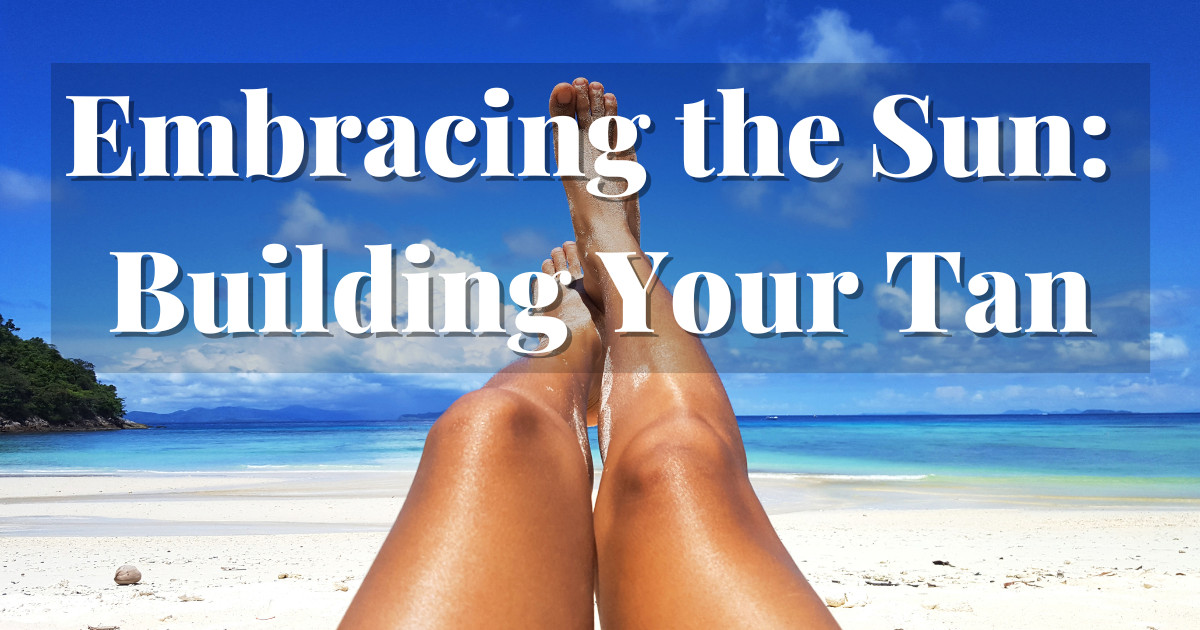
Are you someone who shies away from the sun, fearing sunburn or discomfort? Or perhaps you spend most of your days indoors, missing out on the natural light your body craves. It's time to shift your mindset and embrace the sun's healing properties. In this blog post, we'll explore the concept of building your tan and how it can benefit your overall well-being.
Contrary to popular belief, not all sunlight is harmful. Our bodies are designed to absorb natural light, using it for essential biological processes. However, the key lies in gradually building your tan, or what some call a "solar callus." This term describes your body's adaptation to sunlight, regardless of your skin type.
Whether you have fair skin prone to burning or darker skin with natural protection, everyone can benefit from responsibly embracing sunlight. Start by exposing your skin to sunlight in the early morning (within 2 hours of sunrise), when it's rich in protective infrared light. Then, slowly increase your exposure over time, allowing your skin to adapt and become more resilient.
For those with fair skin (skin type 1), begin with just a few minutes of sun exposure each day, gradually increasing the duration. Conversely, those with darker skin can extend their exposure to several hours. Building a tan takes patience and consistency, but the rewards are worth it. When your skin starts turning pink that is your body giving you a sign that you have had enough sun. Isn't the body cool?
Sunlight offers numerous benefits beyond just vitamin D production and a pretty tan. It supports our immune system, improves mood, and helps regulate our sleep-wake cycle. By embracing sunlight responsibly, we can enhance our overall health and well-being.
So, let's shift our mindset from fearing the sun to embracing its healing properties. Start small, be consistent, and watch as your tan grows stronger. Remember, the sun is our friend, not our foe.
Every month I host a 7-Day Energy Kickstarter Challenge and one of the energy sources I teach on is sunlight. When we are sunlight deficient or blue light (indoor lighting) toxic - the processes inside our body are unable to work efficiently. No supplement, food, or exercise can replace sunlight. If you would like to learn how to put the energy sources into practice click here to learn more.
Here are some research papers that delve into the potential health effects of sun exposure and tanning:
- "Sunlight and Vitamin D for Bone Health and Prevention of Autoimmune Diseases, Cancers, and Cardiovascular Disease" (2014) by Michael F. Holick.
- This paper explores the role of sunlight exposure in vitamin D synthesis and its potential benefits for bone health, autoimmune diseases, cancers, and cardiovascular disease.
- Link to the paper
- "The Risks and Benefits of Sun Exposure 2016" (2016) by David G. Hoel et al.
- This review paper examines the risks and benefits associated with sun exposure, including its effects on vitamin D synthesis, skin cancer risk, and overall health.
- Link to the paper
- "Sunlight, UV Radiation, Vitamin D, and Skin Cancer: How Much Sunlight Do We Need?" (2016) by Robyn M. Lucas et al.
- This paper discusses the complex relationship between sunlight exposure, UV radiation, vitamin D synthesis, and skin cancer risk, providing insights into the optimal balance for health.
- Link to the paper
- "Sunlight and Reduced Risk of Cancer: Is the Real Story Vitamin D?" (2006) by William B. Grant et al.
- This paper explores the potential mechanisms by which sunlight exposure may reduce the risk of certain cancers, including the role of vitamin D and other factors.
- Link to the paper
- "Benefits and Risks of Sun Exposure 2016" (2016) by Henry W. Lim et al.
- This comprehensive review discusses the benefits and risks of sun exposure, including its effects on vitamin D synthesis, skin aging, skin cancer risk, and overall health outcomes.
- Link to the paper
These papers provide valuable insights into the potential health effects of sun exposure and tanning, including the role of vitamin D synthesis, skin cancer risk, and overall well-being.


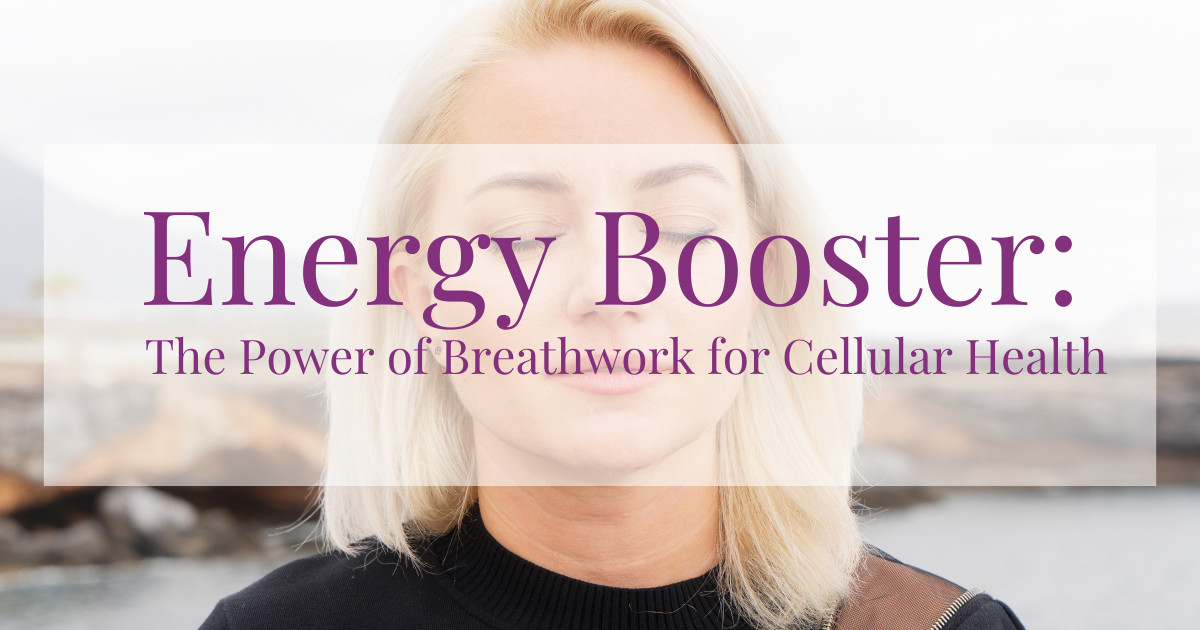


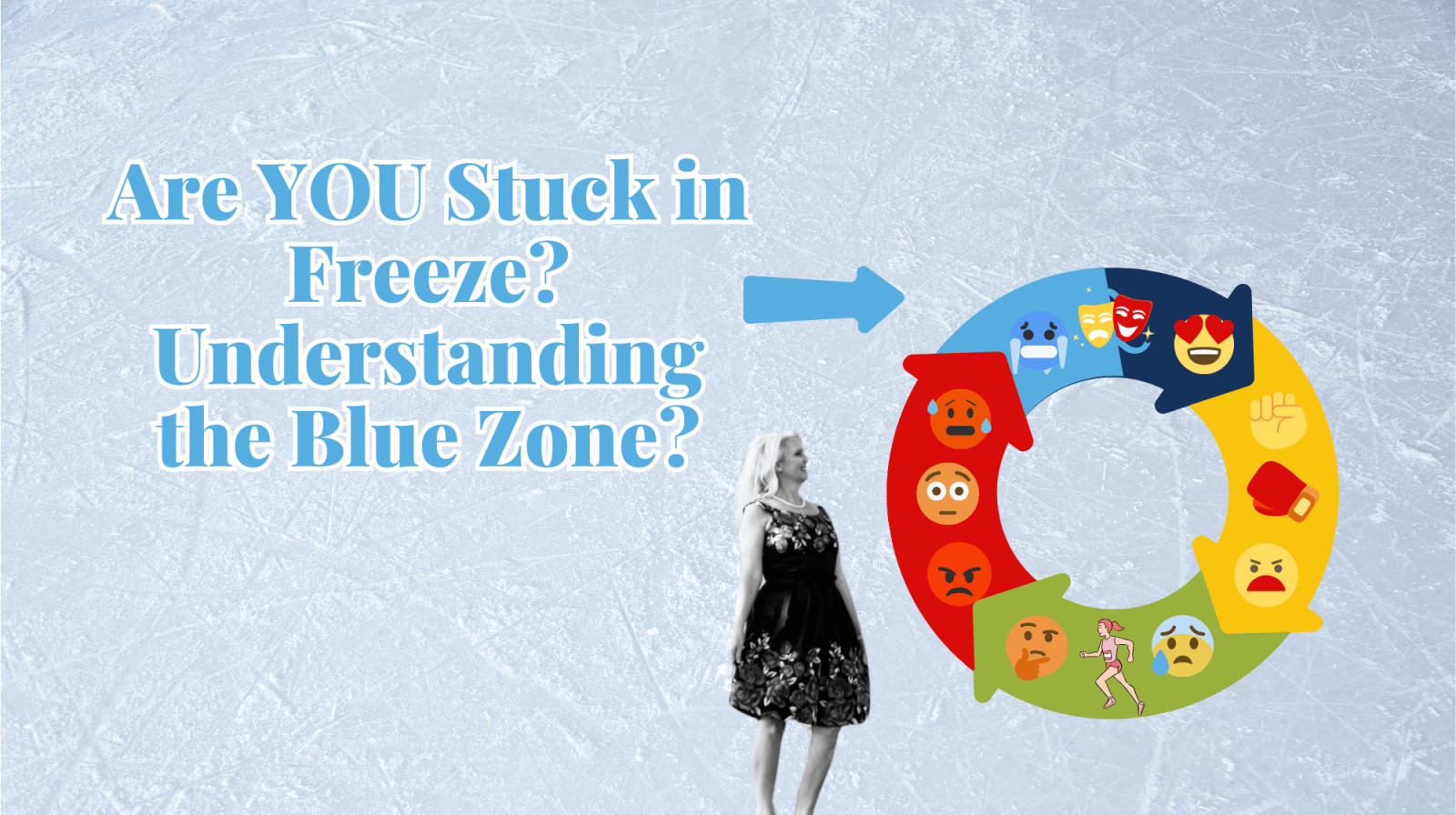
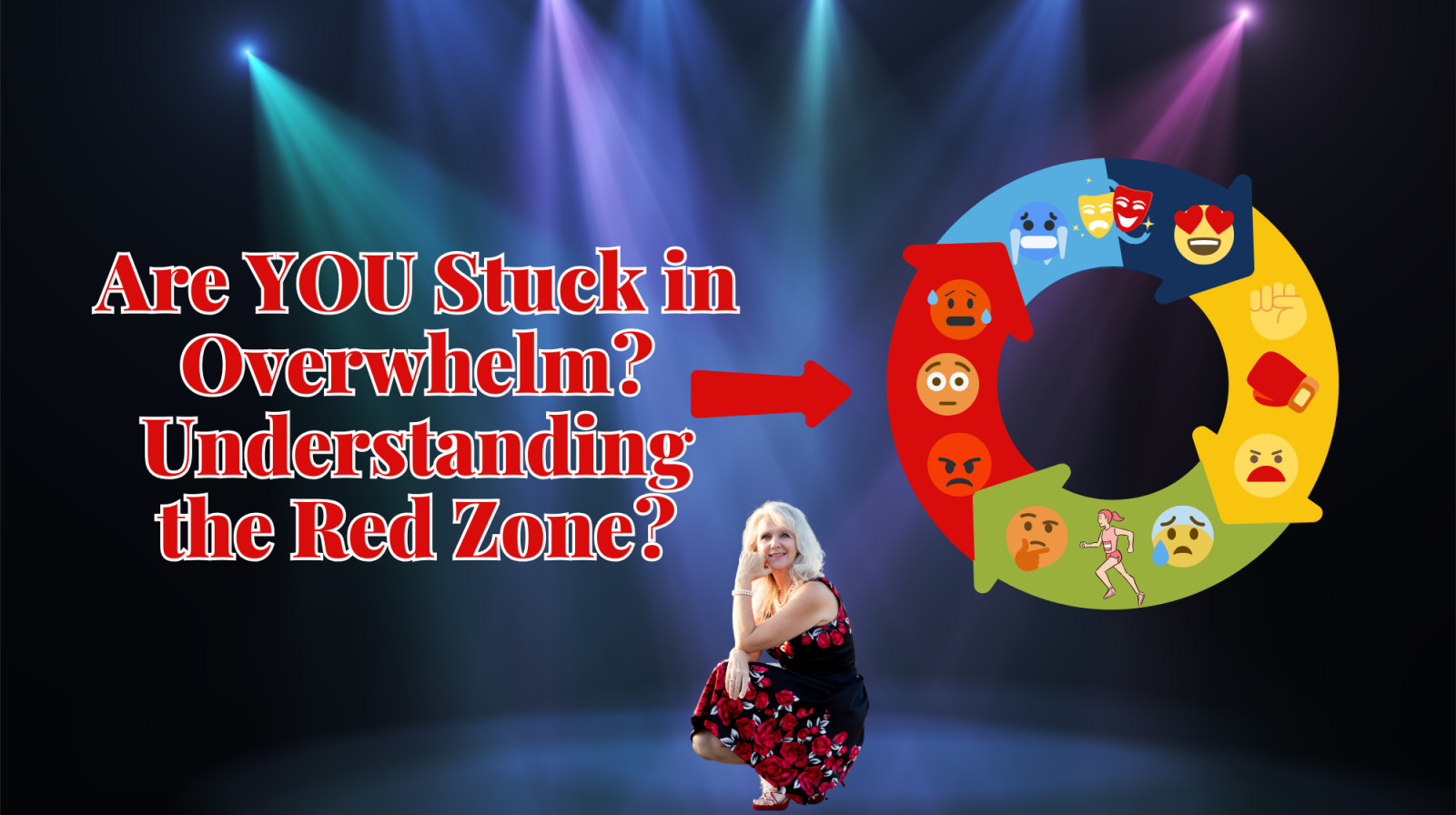
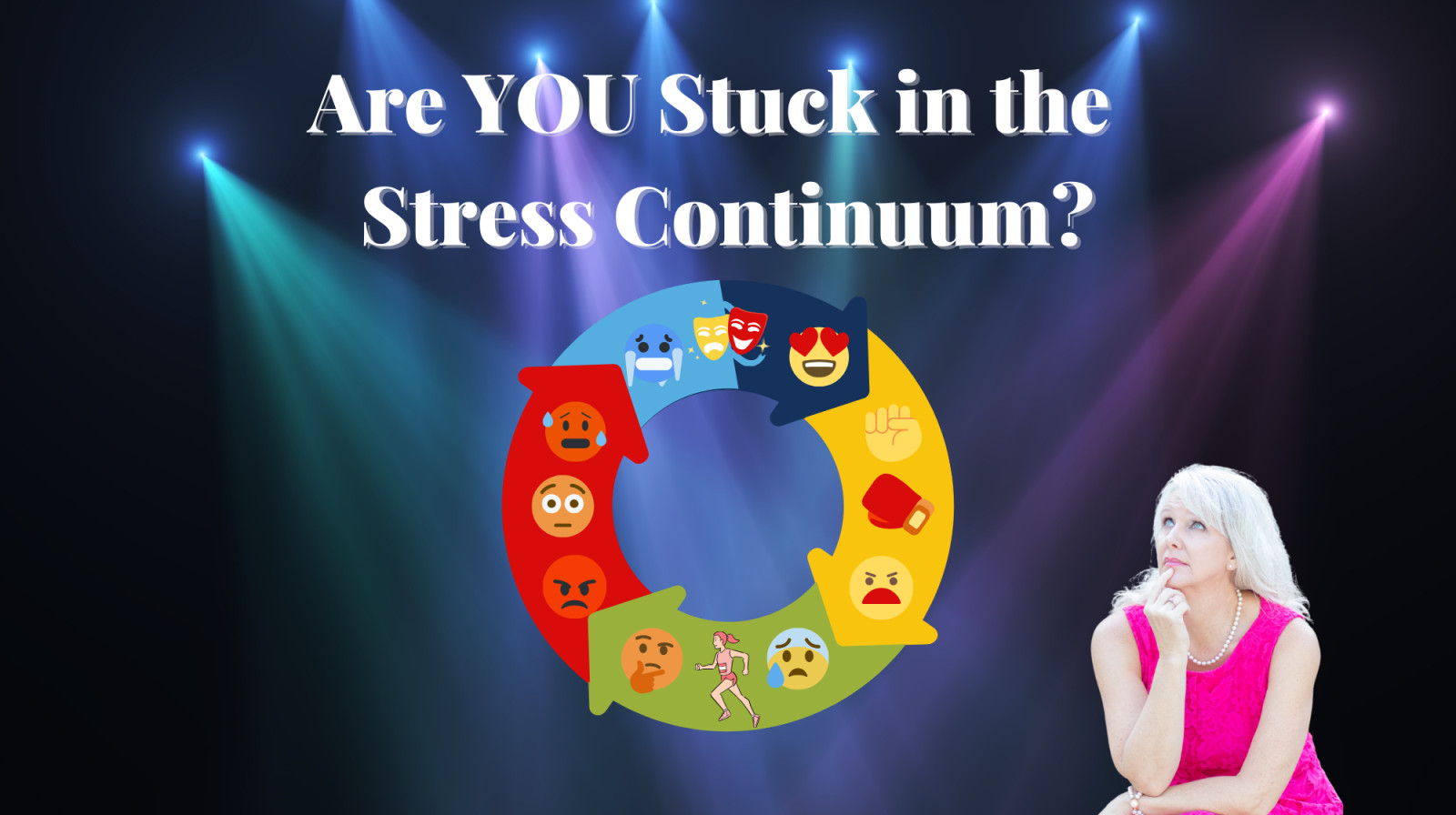
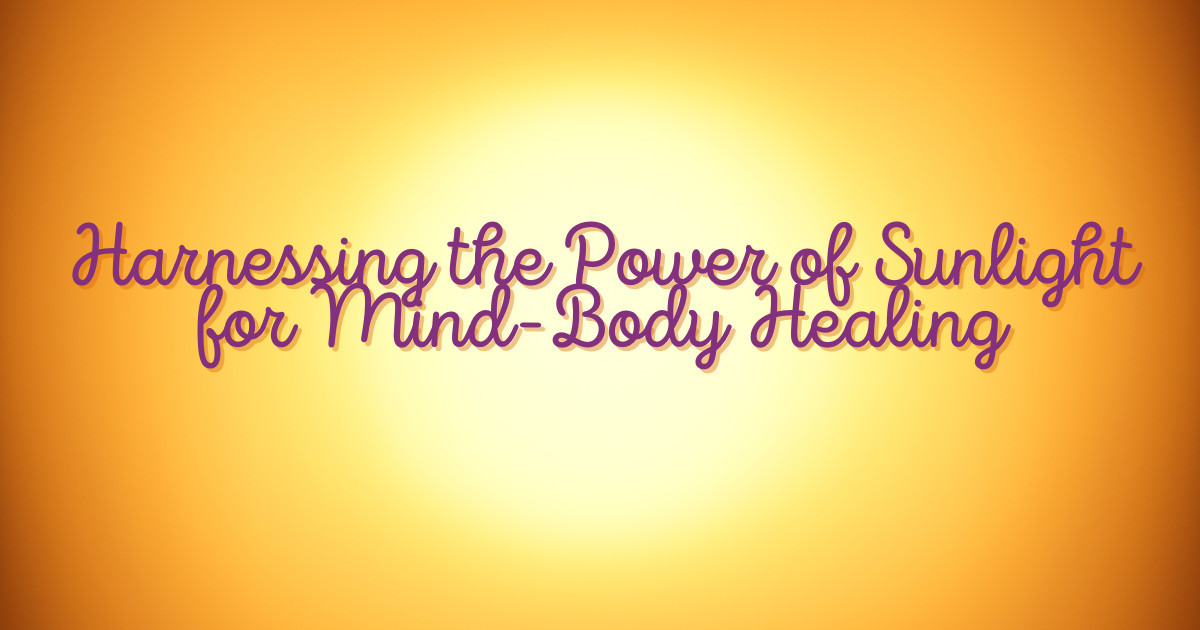
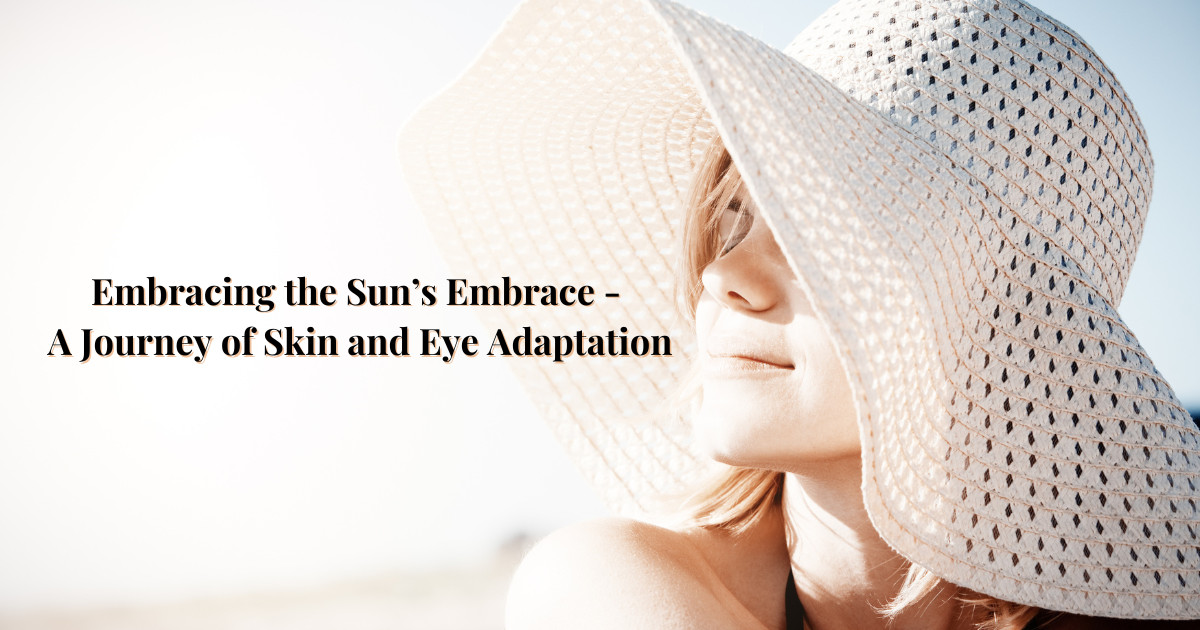
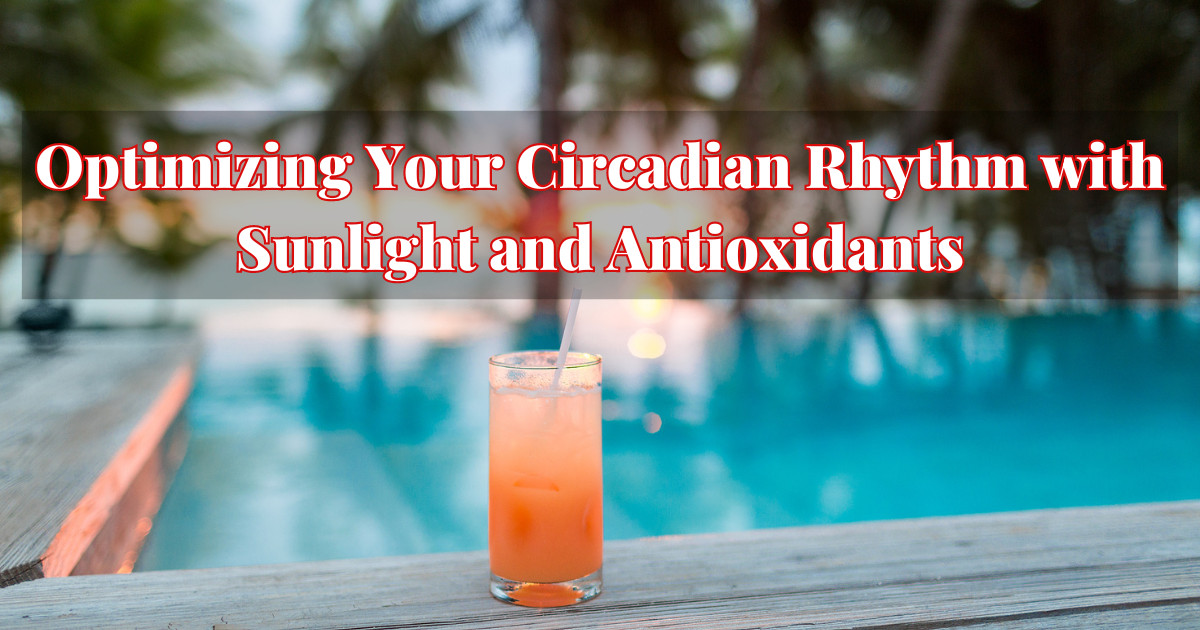
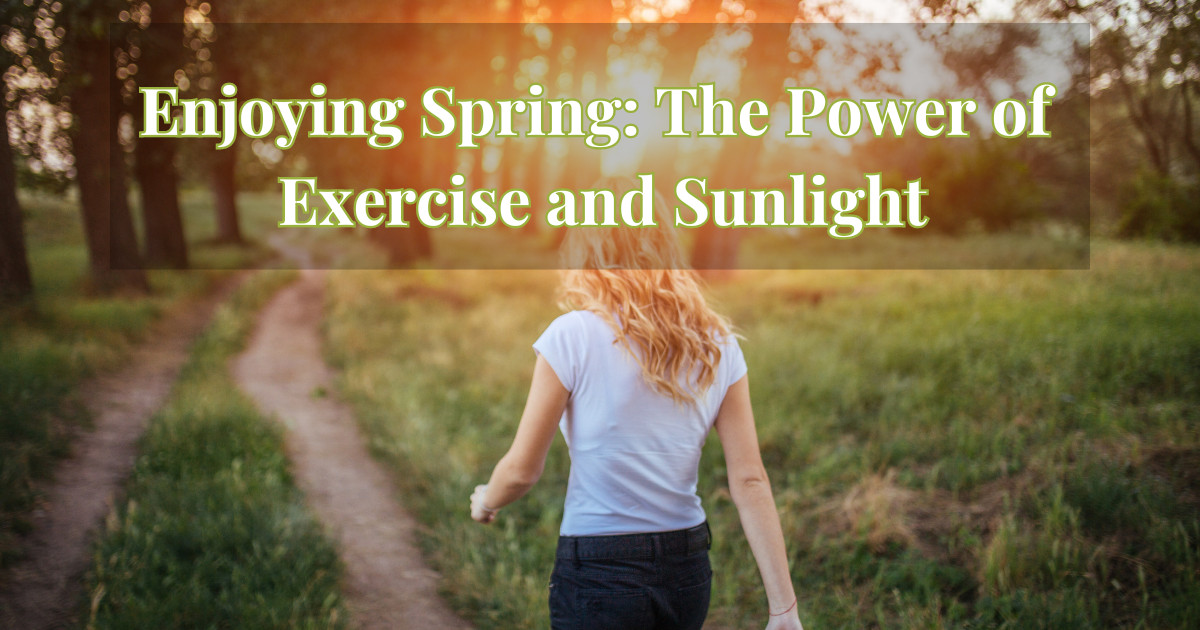








0 Comments